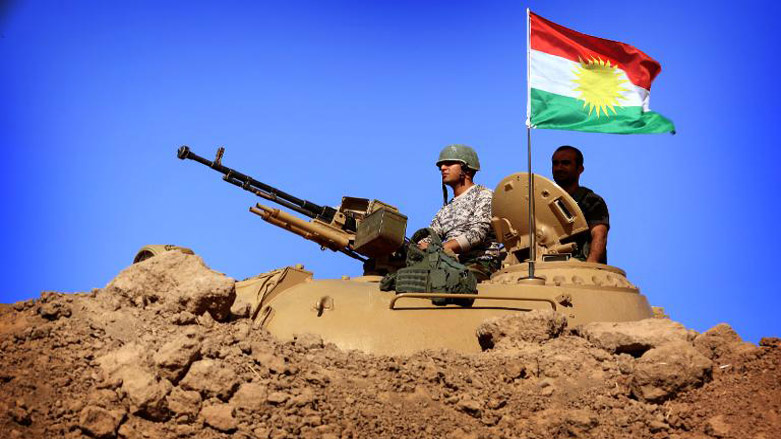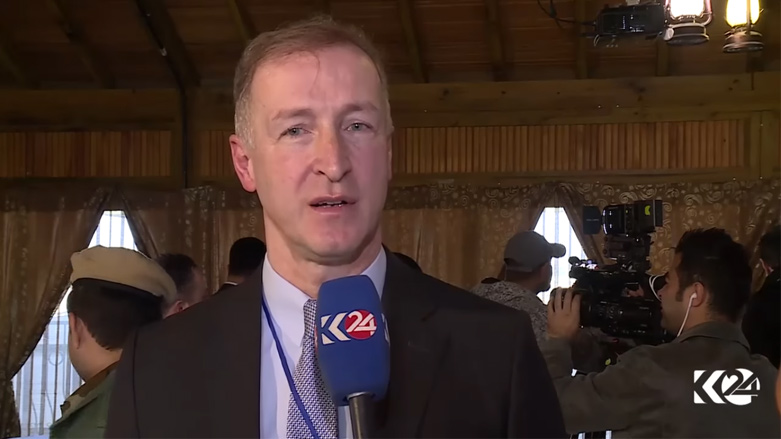Inspector General criticizes Washington's failure to deliver purchased arm to Peshmerga

ERBIL, Kurdistan Region (Kurdistan24) – Training and arming Kurdish Peshmerga forces against the Islamic State (IS) in Iraq have been helpful, more needs to be done, a new assessment from the US Defense Department’s inspector general discovers.
Recently, the Inspector General (IG) of the US Defense Department released an extensive field research that was conducted between October 2015 and December 2016. The study mentions the failure of delivering the US purchased equipment to the Peshmerga forces.
Peshmerga is one of the most efficient ground troops in defeating the extremist group in northern Iraq. Peshmerga not only stopped the IS in 2014 when the Iraqi army abandoned the area, but also pushed the jihadist group back to Mosul with the aerial support of the US-led coalition warplanes.
The IG report shows some of the US shortfalls in the Kurdistan Region while training and arming Peshmerga forces against the IS.
One of the issues that IG stated was the US failure in delivering the purchased assistance while arming 4,000 Peshmerga soldiers, including personal protective equipment, weaponry, vehicles and communications gear.
“At the time of our fieldwork, the US had not delivered the majority of the brigade set equipment to the KSF [Kurdistan Security Forces],” the research found.
The study mentions that the equipment donated by the coalition countries have been managed much better compared to the Washington’s.
It also mentions that the US Central Command is responsible for delivering the donated military aid from other countries to Baghdad and later to Peshmerga soldiers in the Kurdistan Region.
“Our observations while conducting fieldwork confirmed the availability of coalition-donated equipment that enhanced Peshmerga capabilities during their operations against [IS],” the researchers discovered.
According to the report, the US Central Command lacks visibility on the distribution and a plan to sustain the aid, stating such process would increase the risk of duplicated deliveries and a loss of accountability.
“Additionally, not knowing delivery dates of equipment hampered the ability of logistics advisors to provide guidance to enable the Ministry of Peshmerga to adequately plan for deliveries and subsequent distribution,” the report highlighted.
It also noted that the excessive direct US military training and advising of Iraqi security forces have left the training of Peshmerga forces to other coalition countries.
“With US and Coalition-tailored train, advise, and assist efforts, and equipping support, the KSF [Kurdistan Security Forces] has demonstrated the capacity to defend Iraqi Kurdistan against [IS] incursions, and to liberate key territory and towns important to counter-[IS] operations,” the IG report concluded.
Editing by Ava Homa

.jpg)
